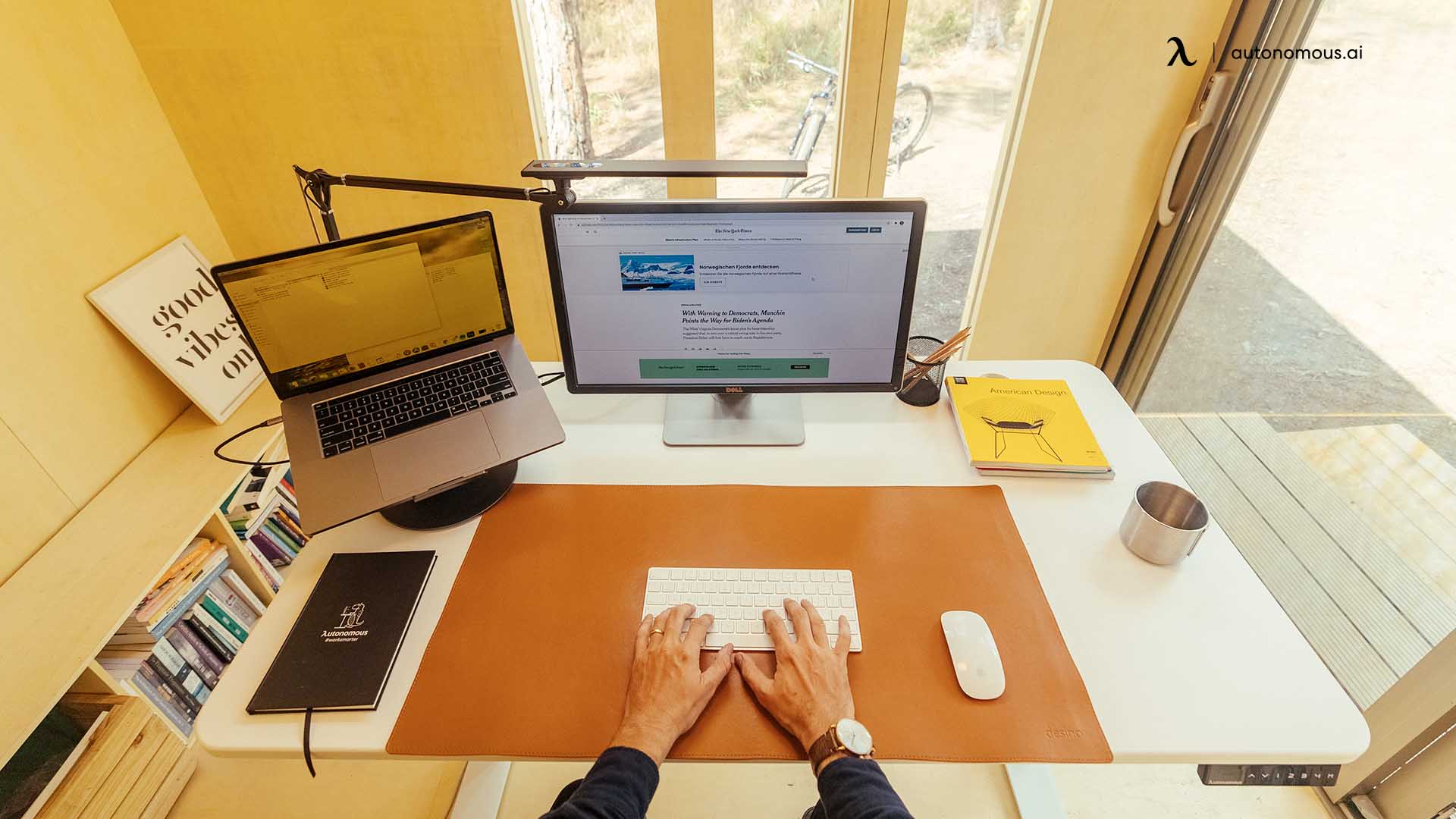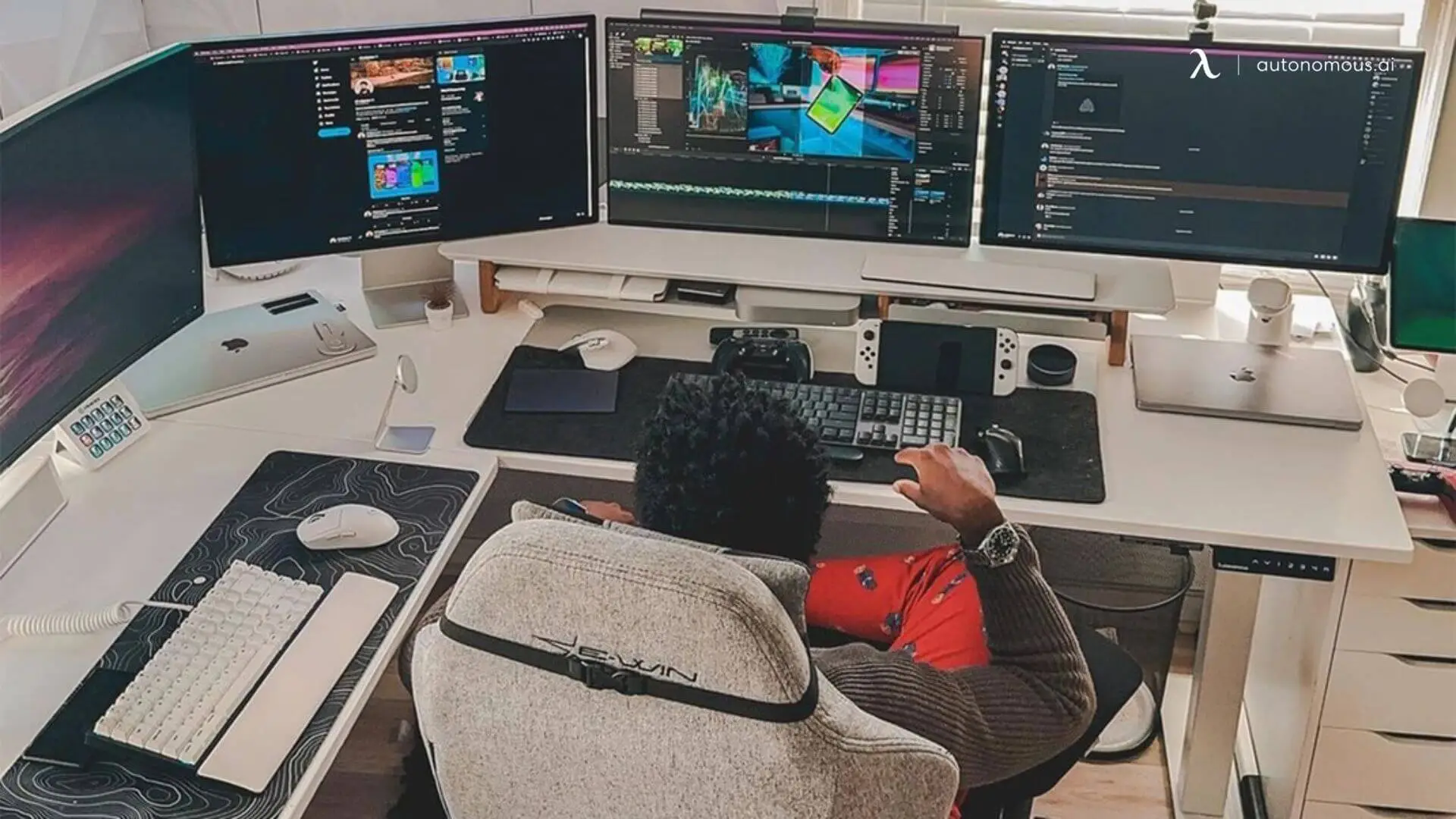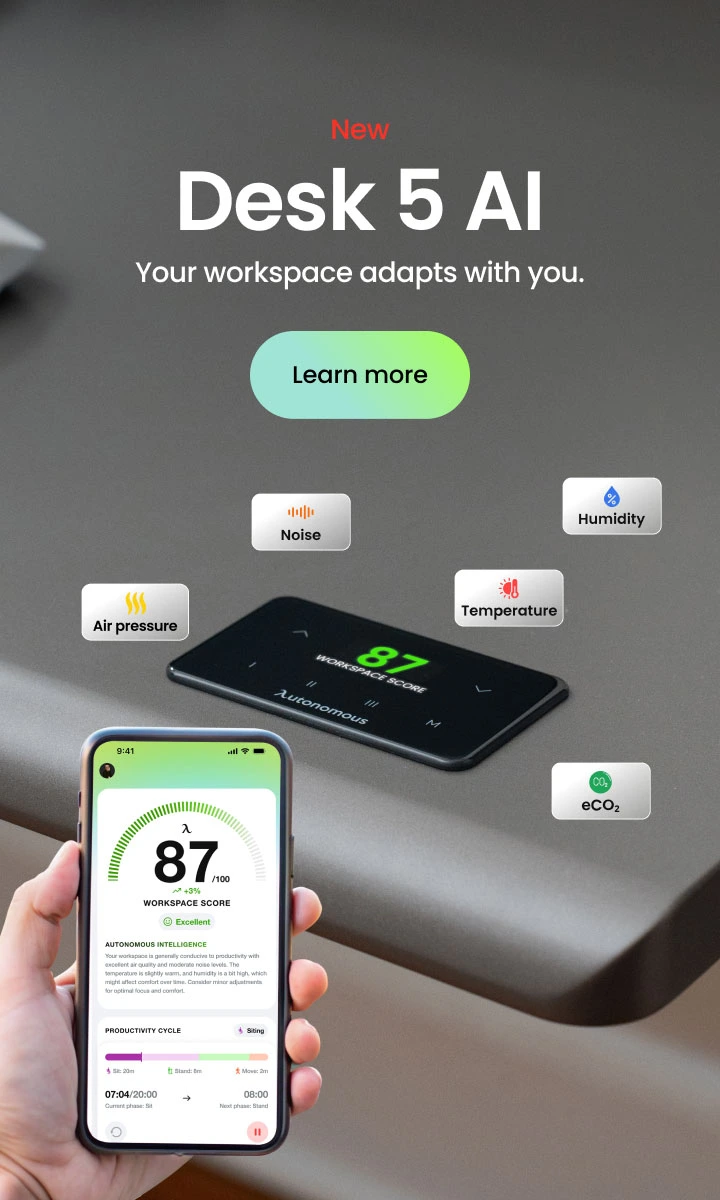
Deep Work Time: How to Maximize Productivity in Focused Sessions
Table of Contents
In today's world, where distractions are around every corner, the ability to focus deeply and work without interruption has become a rare and valuable skill. But how can we incorporate this into our daily lives? Enter deep work time — blocks of uninterrupted, high-focus work that enable you to produce quality results in less time. In this article, we’ll break down what deep work time is, how to structure it, and how long you should aim for to achieve optimal productivity.
What is Deep Work Time?
Deep work is a term coined by Cal Newport, a computer science professor and author, to describe periods of work where you focus intensely on cognitively demanding tasks. During these sessions, distractions are eliminated, allowing you to fully immerse yourself in the work at hand.
Deep work time refers specifically to the blocks of time set aside for such work. These blocks are typically uninterrupted and last for longer periods, allowing you to tackle tasks that require significant mental effort. In contrast, shallow work includes tasks like checking emails, attending meetings, or responding to messages - activities that require less focus and can be done in short bursts.

How Long Should a Deep Work Session Be?
One common question when it comes to deep work sessions is: How long should a deep work session be?
The answer varies depending on individual preference and the nature of the work, but research suggests that most people can maintain focus for up to 90 minutes at a time. After this period, cognitive fatigue tends to set in, making it harder to maintain that level of focus.
In fact, aiming for 90 minutes of deep work per session is a common approach among productivity experts. This is based on the idea that our brains can work at peak performance for short, intense bursts, followed by breaks to refresh and recharge.
However, some people may find that they can stretch their deep work time to 2 hours of deep work or even 4 hours of deep work a day, but this often requires careful planning and the right work environment.

How Many Hours of Deep Work Per Day?
So, how many hours of deep work should you aim for each day?
- 1 hour of deep work:
For beginners or those just starting to incorporate deep work into their routine, even 1 hour of deep work can yield significant results. This is a manageable goal for many and offers a solid foundation to build upon.
- 2 hours of deep work:
As you get more accustomed to deep work, increasing your daily focus time to 2 hours can be highly effective. This amount of focused work can help you complete substantial tasks without feeling overwhelmed.
- 4 hours of deep work a day:
The 4 hours of deep work benchmark is often cited by top performers in various fields. If you can manage to structure your day so that you have four solid hours of focused, distraction-free work, you'll likely find that you can accomplish more in a shorter amount of time.
For those who aim for 4 hours of deep work a day, this might involve breaking those hours into two or more deep work sessions, perhaps one in the morning and another in the afternoon. It’s all about finding what works best for your energy levels and lifestyle.

How to Maximize Deep Work Time
Now that we know how long a deep work session should be, let’s talk about how to maximize the effectiveness of deep work time:
1. Create the Right Environment
The best time for deep work is when you're in an environment free from distractions. This means clearing your workspace of unnecessary items, muting your phone, and closing any irrelevant tabs on your computer.
2. Set Clear Goals for Your Deep Work Sessions
It's essential to know exactly what you want to accomplish during your deep work time. Setting a clear, actionable goal will help you stay focused and keep your mind from wandering.
3. Use Tools that Support Focus
Tools like standing desks, ergonomic chairs, and noise-canceling headphones can all contribute to a better deep work experience. Having the right equipment will ensure that you can stay comfortable and focused for longer periods.
4. Take Breaks
After each deep work session, take a break to refresh. Use techniques like the Pomodoro Method (25 minutes of deep work followed by a 5-minute break) or the 90-minute rule (work for 90 minutes, then take a longer break) to keep your mind sharp.
A dedicated workstation like the Autonomous Desk Focus is perfect for anyone looking to maximize their deep work time. With its adjustable height, you can seamlessly shift between sitting and standing, which not only promotes better posture but also helps maintain your energy levels throughout your work session.
The sturdy and spacious surface provides ample room for your essentials, while the built-in cable management system keeps your space clutter-free, reducing distractions and enhancing focus. Whether you're working on complex tasks or creative projects, the Autonomous Desk Focus creates an environment that supports mental clarity and productivity.
Benefits of Deep Work Time
The benefits of deep work are clear:
- Increased Productivity: Fewer distractions mean more work gets done in less time. You'll be able to complete high-priority tasks faster and with greater focus.
- High-Quality Output: Deep work allows you to think critically and solve complex problems, leading to better quality work. Tasks that require creativity or intricate problem-solving are best tackled during deep work time.
- Mental Clarity: By eliminating distractions and focusing on a single task, you’ll feel a sense of accomplishment and clarity, which can reduce stress and help you avoid burnout.

Deep Work vs. Shallow Work: Understanding the Difference
It’s important to differentiate deep work from shallow work. Shallow work includes tasks that are necessary but don’t require a high level of concentration, such as answering emails, scheduling meetings, or organizing documents. While these tasks are important, they won’t contribute to your personal growth or advance complex projects.
By spending more time on deep work and less on shallow work, you can ensure that you're dedicating your energy to what truly matters - creating meaningful results.
Challenges in Maintaining Deep Work Time
The biggest challenge when it comes to deep work is maintaining it. In today’s world, distractions are everywhere. The constant flow of notifications, emails, and meetings can easily pull us out of a deep work session. But with intentional planning, it’s possible to create a routine that prioritizes deep work.
- Overcoming Distractions
Use tools like website blockers, noise-canceling headphones, and apps that help you track and limit your distractions. Apps like the Liven app and Finch self-care app are designed to support mental wellness and improve focus during deep work.
- Building the Habit
Incorporating deep work into your daily routine takes time. Start with deep work rules and gradually increase the duration as you build your focus muscle. Apps like Brainway can help you strengthen your focus and productivity through brain training techniques.

FAQs
How many hours of deep work should I do per day?
The ideal amount of deep work depends on your goals and energy levels. For most people, starting with 1 hour of deep work is a good baseline. As you get used to it, you can gradually increase the time to 2 hours of deep work or even 4 hours of deep work a day. Aim for focused blocks, with breaks in between, to maintain productivity and mental clarity.
What is the best time for deep work?
The best time for deep work is when you're most alert and focused. Many people find that early mornings, before distractions pile up, are ideal. However, if you're a night owl, evenings might be your best bet. Pay attention to your natural energy patterns and schedule your deep work sessions during those times.
How long should a deep work session be?
A deep work session should typically last 90 minutes. This is when most people can maintain peak focus without mental fatigue setting in. However, depending on your stamina, you may find you can stretch it to 2 hours of deep work or more. It's essential to listen to your body and mind and take breaks when needed.
Can I do deep work with just 1 hour of focus?
Absolutely! 1 hour of deep work can be incredibly productive, especially if you're focused on a single, meaningful task. Starting small and building your deep work time over time is a great way to establish this habit.
How do I avoid distractions during deep work time?
To maximize deep work time, eliminate distractions by:
- Turning off phone notifications or putting it in "Do Not Disturb" mode.
- Using website blockers to prevent access to social media or unrelated websites.
- Creating a quiet, clutter-free workspace where you can focus.
Do you take breaks during deep work?
Yes! Taking breaks is essential to maintaining focus during deep work. It's recommended to take short breaks every 90 minutes or so. Techniques like the Pomodoro Method (25 minutes of work followed by a 5-minute break) can help you recharge and stay productive throughout the day.
How many hours can a person concentrate in a day?
The average person can concentrate for about 4 to 6 hours of deep work per day. This varies depending on individual focus levels, work habits, and the nature of the tasks. While longer deep work sessions are possible, it’s important to listen to your body and take breaks to avoid burnout.
Conclusion
Whether you’re aiming for 90 minutes of deep work, 2 hours of deep work, or even 4 hours of deep work a day, the key to success is consistency. Scheduling and dedicating time to deep work sessions will lead to better focus, higher-quality output, and a greater sense of accomplishment.
Take control of your workday by planning your deep work hours, eliminating distractions, and creating the right environment. Over time, you’ll find that deep work time is not just a productivity tool but a pathway to better results, greater creativity, and a more fulfilling career.
.svg)

.webp)








